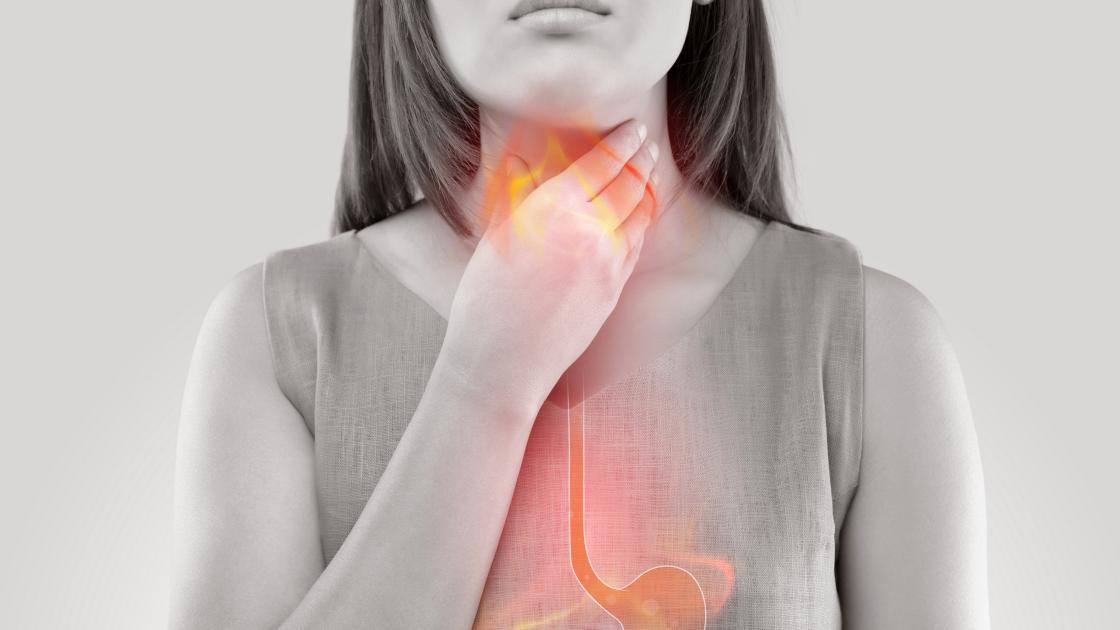
Raise your breast cancer awareness
On average, 1 in 8 American women will get breast cancer at some point in their lifetime. These women are our grandmothers, mothers, wives, sisters, daughters, aunts, friends, colleagues and community members. Let's show them our support!
In honor of Breast Cancer Awareness Month this October, our team at SIU Medicine wants to help you raise awareness and learn how to protect yourself and your loved ones.
1. Learn about breast cancer risk factors.
As clinicians and researchers, we learn more every day about breast cancer risk factors. By becoming aware of your own risk factors, you can start to lower your risk of breast cancer—since you'll know what factors you can change.
Certain risk factors for breast cancer have been well established by decades of studies and research. They include:
- Female gender (although biological men can be diagnosed with breast cancer, too—the lifetime risk of this happening is much lower, about 1 in 833)
- Advancing age
- Obesity
- Smoking
- Family history and genetics
- Excessive alcohol intake (although even as little as one drink per day has been shown to slightly increase breast cancer risk)
- Lack of exercise
- Hormone replacement therapy
- Becoming pregnant for the first time, if at all, after age 30
- Breastfeeding for a year or less
- Having your first menstrual period before age 12
- A history of radiation on the face or chest
- White/Caucasian ethnicity (although Black/African-American women are more likely to develop aggressive, advanced-stage breast cancers at a younger age)
There are other possible risk factors for breast cancer that we're still learning more about, although their exact link may not be known yet. These include:
- Low levels of vitamin D
- Shift work and/or excessive nighttime light exposure
- Processed foods
- Exposure to certain chemicals, including chemicals found in food, cosmetics, plastics, sunscreen and water
2. Schedule a mammogram.
According to the American Cancer Society, the 5-year survival rate of breast cancer is as high as 99% when the cancer is detected early (and hasn't spread yet to other areas of the body). This is why mammograms as part of routine breast cancer screening may lower your odds of dying from breast cancer—because they can be used to identify cancer sooner.
A mammogram is an X-ray of your breasts. Talk to your doctor about when and whether you should schedule one for yourself. In general, women should start considering breast cancer screening at age 40, with average-risk women recommended to obtain a mammogram every 1-2 years from age 50 to 74. Mammogram Mondays start in October here at SIU Medicine!
3. Practice breast self-awareness.
While breast exams and breast self-exams have not been shown to lower the risk of dying from breast cancer, becoming more familiar with the look and feel of your breasts can help you notice concerning symptoms, and seek appropriate workup.
Concerning changes to your breast include:
- Masses or lumps in the breast
- Overall swelling of the breast
- Skin dimpling or redness of the breast skin
- Nipple retraction (turning inward)
- Nipple discharge (especially bloody fluid)
If you notice any of these symptoms, contact your doctor immediately. Please remember that while breast exams are important, they cannot replace mammograms, which catch tumors long before they become large enough to feel.
4. Come to your doctor's appointments prepared.
If you or someone you love is diagnosed with breast cancer, it can be overwhelming. The understandable emotions you feel can make it tough to remember all the things you want to ask your doctor.
Before visiting with your health care provider about a potential cancer diagnosis, write down your questions and concerns. Some great questions to ask your doctor about breast cancer include:
- What type of breast cancer do I have?
- What stage is my breast cancer?
- What are my treatment options?
- Should I get a second opinion?
- If I'm concerned about the costs of my care, where can I go for help?
If possible, bring a family member or a close friend with you to the appointment. They can provide emotional support and help you remember the key points from the visit.
5. Get involved.
Getting involved in breast cancer awareness can help you feel more in control of your well-being. Your involvement can also help other women, and is a great way to honor any loved ones you've lost to the disease.
If you feel called to join the movement, consider volunteering with a favorite charity or organization, attending seminars and other learning opportunities or joining a local or online support group.
Raise awareness, take action—so more breast cancer patients can become breast cancer survivors.
Almost all of us know someone who has been diagnosed with breast cancer. If you have questions about your particular risk, contact SIU Medicine today at 217-545-8000 to schedule an appointment with a doctor.




